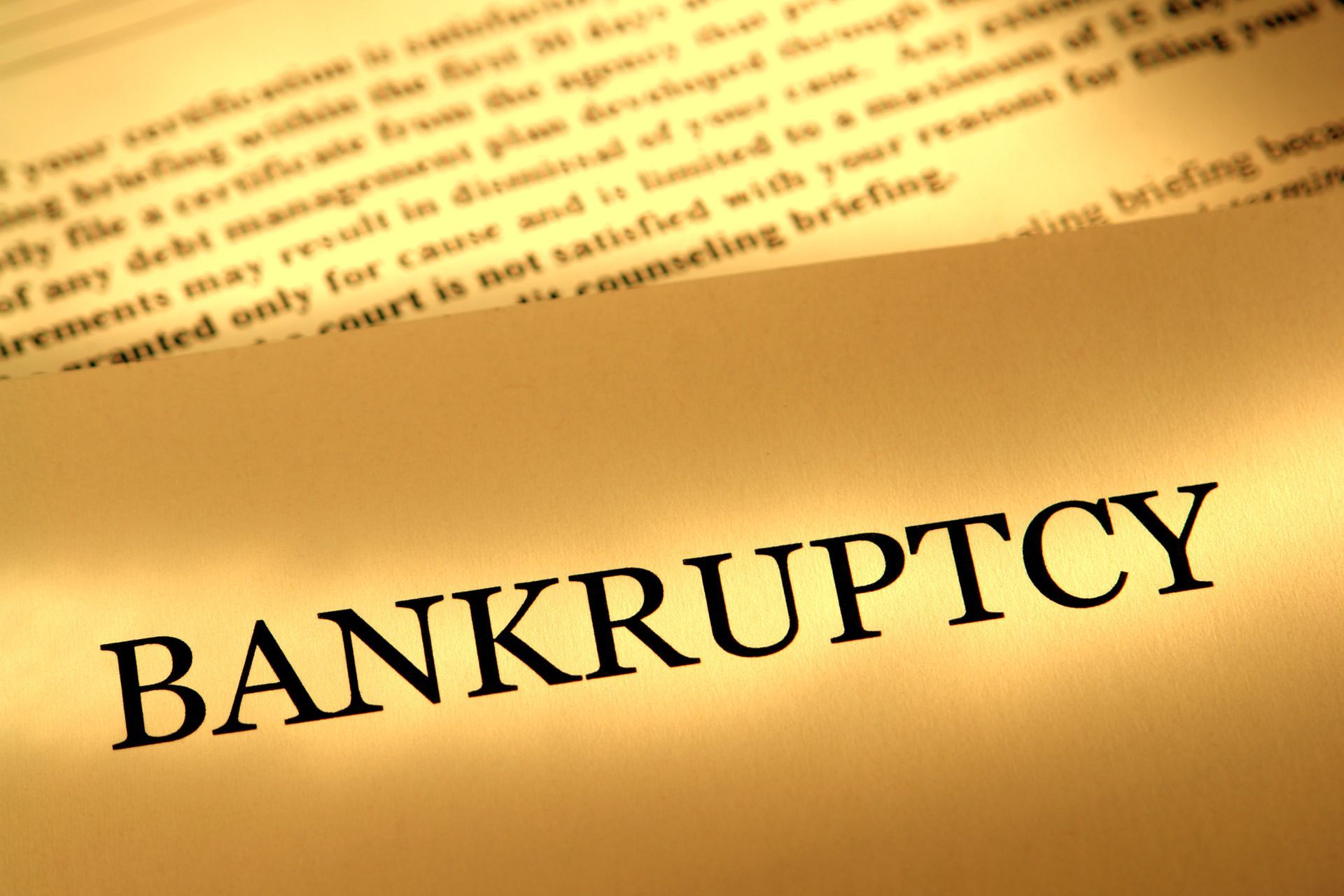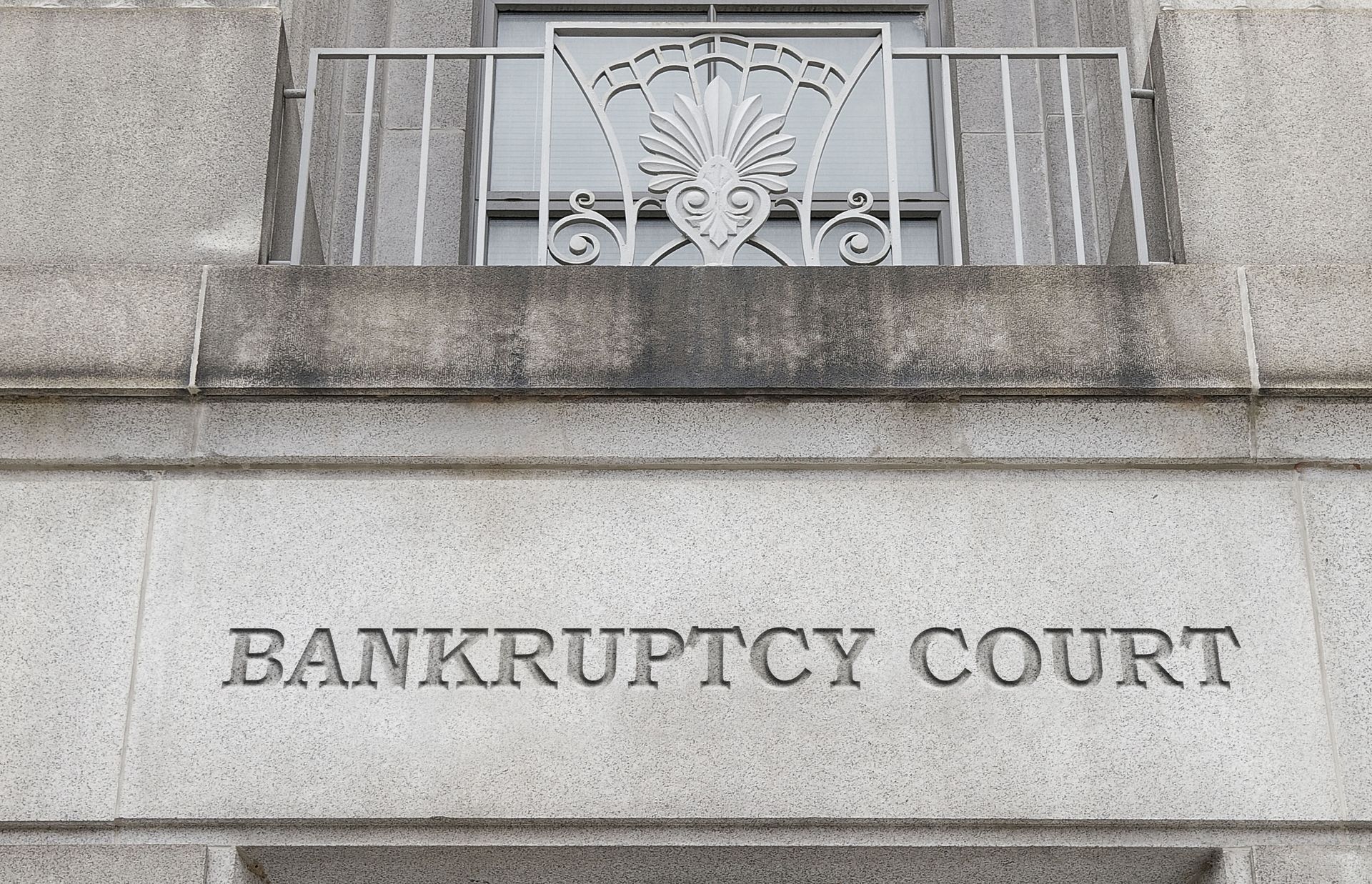3 Key Facts to Understand Before Filing for Chapter 7 Bankruptcy
Filing bankruptcy, especially under Chapter 7, can be a daunting decision, but it can also provide a new financial beginning for many. Understanding the intricacies of this legal process is crucial in making an informed decision. This guide will cover key facts to know before you file for Chapter 7 bankruptcy, helping you navigate the potential challenges and benefits.
Assessing Which Assets Might Be Liquidated
Chapter 7 bankruptcy, often referred to as liquidation bankruptcy, allows you to discharge most of your unsecured debts. For many individuals, filing bankruptcy under this chapter is a strategic step toward resolving overwhelming debt. This process involves liquidating your non-exempt assets to pay off creditors. It is crucial to understand which of your assets might be at risk and the exemptions allowed in your state before proceeding. Learning about the federal vs. state exemption differences is a pragmatic step in the process, ensuring you retain as much of your assets as possible.
Examining Recent Bankruptcy Filing Trends
Understanding the current filing trends can provide insight into how many individuals are choosing this financial path. According to Epiq, there were 66,861 filings for Chapter 7 bankruptcy in the first quarter of 2024. This statistic highlights both the frequency of filings and the potential issues that drive individuals towards this decision. Considering the magnitude of this number, consulting with a bankruptcy attorney might provide personalized advice about whether Chapter 7 is suitable in your situation.
Preparing for the Credit Impact of Bankruptcy
When you file for Chapter 7 bankruptcy, the impact on your credit score is significant. Despite this, many filers find they can start rebuilding their credit sooner than expected by responsibly managing any debts that survive the process and new credit they acquire. Understanding how Chapter 7 bankruptcy affects your credit allows you to better plan for future financial steps, setting the stage for effective recovery.
Filing bankruptcy through Chapter 7 is a significant decision that requires careful consideration and thorough understanding. By knowing the key details about asset liquidation, filing trends, and credit impact, you can make an informed decision that aligns with your financial needs and goals. Remember, obtaining professional advice from a bankruptcy lawyer can further illuminate your options and guide you through the process. If you're considering filing for bankruptcy and want clarity on your options, reach out to Christman & Fascetta LLC today.












Share On: